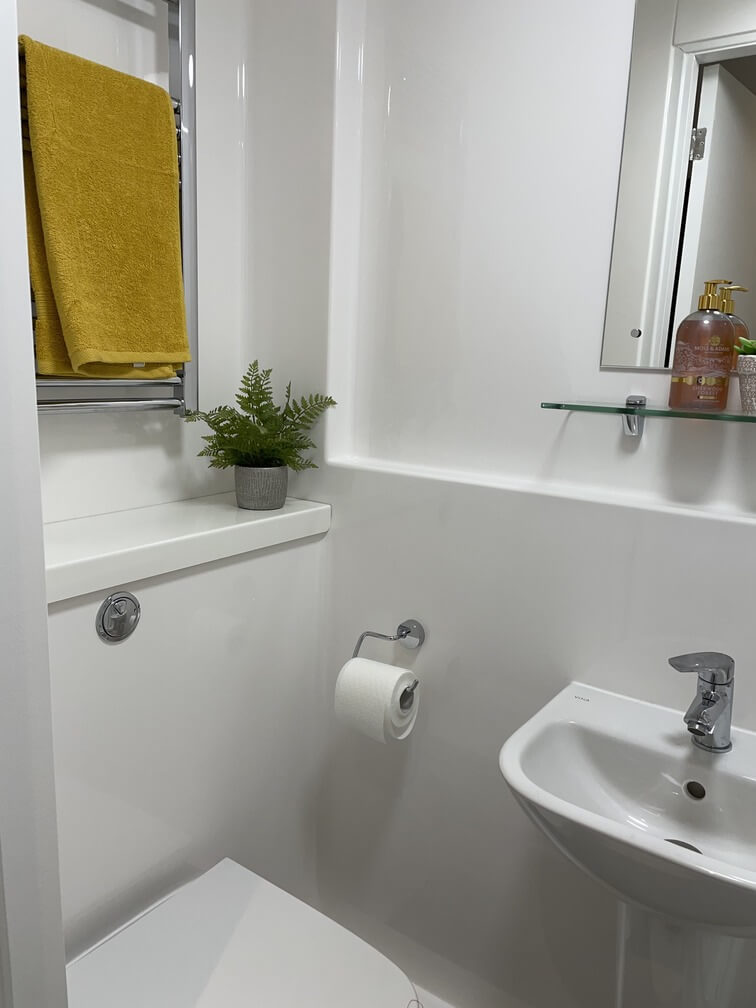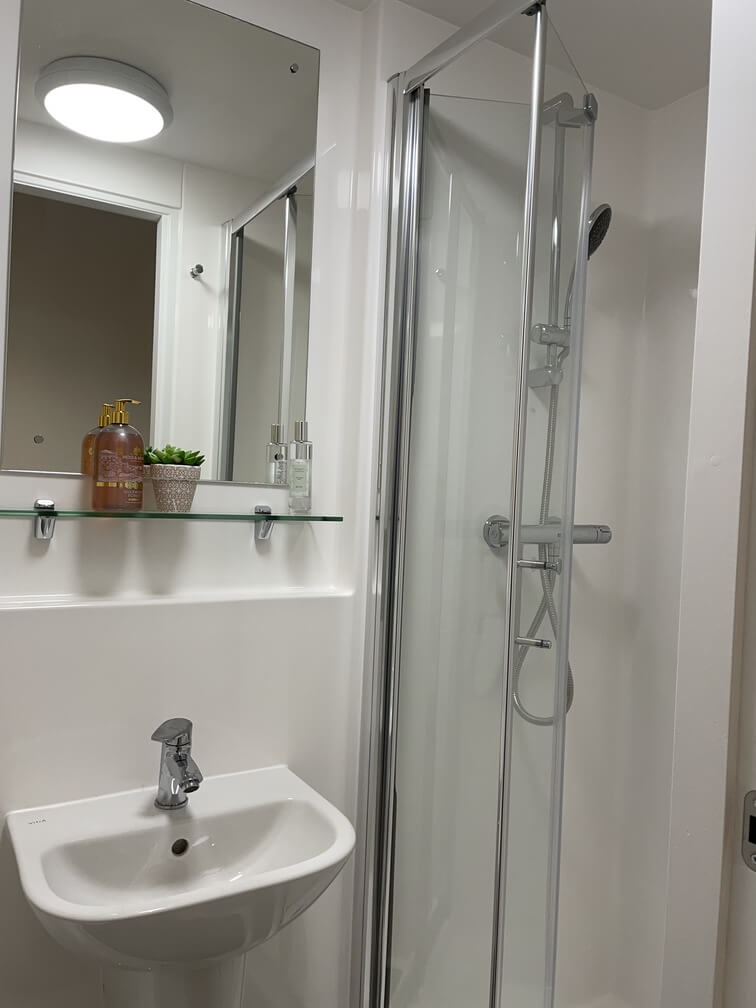7 Changes HMO Landlords Need To Be Aware Of In 2022

Happy New Year! I hope you’re feeling rested and refreshed after the Christmas break.
As we embark on a new year, it’s worth ensuring you are up to date on the legislation when it comes to your HMO(s). There is a range of regulation and legislative changes that are expected to be brought forward throughout 2022, so here I’m going to cover seven impending changes HMO landlords need to be aware of this year.
1. Right to Rent Checks
Due to the COVID-19 pandemic, Right to Rent checks have been able to be undertaken virtually. The Home Office has updated its guidance for these checks, which can now be conducted virtually until 5 April 2022.
Additionally, tenants who are Biometric Residence Card, Biometric Residence Permit and Frontier Worker Permit holders currently can choose whether to provide a digital share code or hard copy documents for a Right to Rent check.
However, from 6 April, these tenants will need to use the Home Office online service instead. The government is set to publish advice soon on how landlords will need to conduct these Right to Rent checks moving forward.
2. Renters’ Reform Bill
The long-awaited white paper, Renters’ Reform Bill, is expected to be published in the first few months of 2022. Changes may not come into effect until 2023. However, as the bill could bring forward widespread changes to the private rented sector, landlords need to be prepared well in advance and keep up with the bill’s progress.
3. Carbon Monoxide Detectors
The rules for carbon monoxide detectors in privately rented properties are being expanded. New proposals by the government include requiring a carbon monoxide alarm to be fitted in any room with a fixed combustion appliance, such as fires or gas boilers. It will also become the landlords’ responsibility to ensure the alarms are installed, maintained and replaced when they are told they’re faulty. These new rule changes are expected to be introduced sometime in 2022. If you are operating a licensed HMO then you should already comply with these requirements as it’s a condition of your HMO license.
4. Licensing Schemes
As an HMO landlord, there are lots of legal obligations you’ll need to keep up with this year. This includes HMO licenses, which are enforced differently across the country. Throughout 2022, a number of local authorities are expected to roll out additional licensing schemes, along with increased enforcement of existing ones. You need to keep up-to-date on the licensing and scheme requirements in our area. You can contact your local council if you’re unsure about any of the standards or requirements you must comply with, or give us a call and we’d be happy to advise you.
5. Energy Price Cap
Over two dozen energy suppliers have gone bust in recent months as gas prices have soared. Regulator Ofgem puts an energy price cap on what suppliers can charge customers twice a year. An increase to the energy price cap is expected to be announced by the government in February and will take effect in April. A further rise in the cap could come into play in October 2022 as well. This is something HMO landlords need to be aware of, particularly those that offer all-inclusive rent. It may become especially beneficial to look at ways you can make your properties more energy efficient moving forward, so you or your tenants can make savings on energy bills.
6. Green HMO Mortgages
Speaking of making HMO properties more energy efficient, a few lenders began offering green HMO mortgages in 2021. These kinds of deals provide lower interest rates for the most energy-efficient properties. The Bank of England is starting to subject UK banks to climate-related stress tests. There are even proposals that lenders could have to start providing information on the energy efficiency of their mortgage portfolios – this is certainly something to keep an eye out for. Because of this, more green mortgages for HMOs are expected to come to the market in 2022, offering benefits to HMO investors with greener properties.
7. Making Tax Digital
If your property business is VAT registered, regardless of turnover, you will need to start following ‘Making Tax Digital’ rules by 1st of April. This means you will need to acquire HMRC-approved accounting software to file your VAT returns every three months. Keep in mind that landlords who are self-employed and earn over £10,000 a year will have until April 2024 to become compliant with Making Tax Digital. Whether you operate as a business or individual, be ready for these tax changes well in advance. There are a number of potential changes HMO landlords need to be aware of and keep up with throughout 2022. Make sure you start preparing now!



















